
Our latest research news
Thanks to your support, we are funding vital research into improving treatment for children with neuroblastoma. Since 1982, we have provided funding of nearly £9 million to neuroblastoma research projects, awarded more than 85 research grants and supported research in 19 research institutions across the UK.
Read our research blog posts to find out more about the researchers and the projects you are helping to fund right now.
New research published by Professor Suzanne Turner and led by Dr Perla Pucci in her group at the University of Cambridge Department of Pathology and CRUK Cambridge Centre Paediatric Cancer Programme, has suggested a new target for combination treatment of neuroblastoma and other cancers alongside ALK tyrosine kinase inhibitors (ALK TKI). Resistance to ALK TKI is a challenge and so additional targets for treatments that can be used in combination with ALK TKI are urgently needed.
In 2019, Neuroblastoma UK joined forces with childhood cancer charities The Bradley Lowery Foundation and Niamh's Next Step to support more vital research into neuroblastoma.
It was sold out two months in advance, so it was no surprise to see a packed auditorium at Selwyn College Cambridge for the 6th Neuroblastoma UK Research Symposium on 21st and 22nd March 2024. Over 130 scientists and clinicians attended from across Europe, US, and further afield, including world leading experts in pre-clinical and clinical neuroblastoma research.
In 2023, Dr Gao, working with Prof Juliet Gray and Dr Zoë Walters at the University of Southampton, aimed to determine the role of natural killer cell- mediated anti-tumour effects in neuroblastoma, after treatment with EZH2. The objectives of the study were to look at the correlation between EZH2 protein expression and the surface expression of natural killer ligands in neuroblastoma cells, and to determine if the natural killer cells induced cytotoxicity that could be enhanced in the neuroblastoma cell lines with EZH2 inhibitors.
This Trustees Week, we shine the spotlight on Dr Kate Wheeler and Dr Deb Tweddle, our Medical Trustees for over 10 years.
Deb and Kate attended the SIOPEN (international Society of Paediatric Oncology - European Neuroblastoma Group) annual general meeting in Ljubljana, Slovenia from 4th to 6th October 2023. Their visit was supported by Eusa Pharma.
This Childhood Cancer Awareness Month, we joined the research team at the University of Cambridge to celebrate their vital research into neuroblastoma. Dr Kirsty Ferguson organised this fabulous opportunity for our team and supporters to visit the lab, and tells us more about the day.
International Women's Day (8th March) is a global day celebrating the social, economic, cultural, and political achievements of women.
We celebrate the female scientists who work tirelessly to fight childhood cancer - we asked three of our funded researchers about what motivates them in their work to improve treatment for neuroblastoma.
This year we reviewed the current results of the research initially funded by Neuroblastoma UK from 2010 to 2017. Our Symposiums over the last ten years have brought together researchers to share their work and highlight topics, examples are: new treatments, advances in differentiation therapy, genetic landscape of neuroblastoma , the role of MYC gene and micro RNA signatures.
Intensive chemotherapy used in the treatment for high-risk neuroblastoma does not cure all children and has significant side effects and long-term toxicity, so it is imperative that we continue to look for new treatments. One area is to improve the efficacy of immunotherapy. Anti-GD2 immunotherapy is now a mainstay in the therapy of neuroblastoma. Natural killer cells play a major role in the effectiveness of anti-GD2 immunotherapy and EZH2 alters the action of natural killer cells. This pilot study will investigate the benefit of combining EZH2 inhibitors and anti-GD2 immunotherapy.
Members of this team at Southampton discovered that the Zika virus can specifically infect and kill cells in childhood brain tumours, and it has shown some promise in the laboratory with aggressive neuroblastoma. The funded research will look into the appropriateness of using this virus to specifically infect and destroy cancer cells without destroying normal cells; an approach known as oncolytic virotherapy. These are attractive potential treatments for childhood cancers as they typically have low toxicity and are well tolerated.
Neuroblastoma UK, a charity that funds research into neuroblastoma, a rare and often aggressive childhood cancer, welcomes the debate in the House of Commons today (26 April) on childhood cancer outcomes.
There is an urgent need for more research funding into childhood cancers, particularly neuroblastoma, to improve diagnosis, treatment and survival rates.
Thanks to your kind donations, Neuroblastoma UK is pleased to announce two research grant awards totalling £683,477, with a focus on improving treatment for children with advanced stages of the disease.
The grants, which include a donation of £15,000 from charity Friends of Rosie, will enable scientists to progress their research and develop safer, non-invasive and more effective treatment for children with the disease.
During Childhood Cancer Awareness Month 2021, we invited our supporters to share their neuroblastoma research questions with us.
Professor Deb Tweddle, Professor of Paediatric Oncology at Newcastle University and an Honorary Consultant in Paediatric and Adolescent Oncology at the Great North Children’s Hospital, Newcastle answers questions about research into neuroblastoma relapse, survival and treatment options.
A new international risk classification system has been developed for children with neuroblastoma in North America, with further revisions that could benefit children with the disease around the world.
We are delighted to share that the SIOPEN High-Risk Neuroblastoma 2 trial is now officially open and ready to recruit at its first UK hospital, with more to follow soon.
In May 2020, we announced the award of £609, 762 in partnership with Solving Kids Cancer to open the UK sites of the SIOPEN High-Risk Neuroblastoma 2 trial. This latest European-wide study will look to answer important questions about the standard care protocols for children with high-risk neuroblastoma, and how they might be improved.
We are delighted to announce the launch of our new research Grant Round for 2021.
Postponed from 2020 due to the coronavirus pandemic, our biennial grant round for 2021 will focus on applications for research that will have the greatest potential impact to improve treatment for children with neuroblastoma.
Thanks to funding from Neuroblastoma UK, post-doctoral research associate Dr Perla Pucci was recruited to join a neuroblastoma research team at the University of Cambridge.
The team, led by Dr Suzanne Turner, are looking to develop more personalised treatment for children with ALK-positive neuroblastoma. Perla tells us more about how the project has progressed.
A novel CAR T-cell therapy designed to target cancerous tumours has shown promising early results in treating children with neuroblastoma.
The original pre-clinical work was funded by Neuroblastoma UK to help launch the study. Dr Karin Straathof, one of the lead investigators on the study, tells us more.
In 2019, Neuroblastoma UK provided a grant of £143,648 to Dr Andrew Stoker and his team at University College London.
The team want to investigate how a particular protein that is well known to promote tumours in several cancers including breast, lung and prostate cancer works in neuroblastoma cells.
We welcome the news that a potential new treatment for children with neuroblastoma will be advanced to clinical trial and reach more young cancer patients.
Researchers have found an indirect way to target N-Myc, a gene that occurs in aggressive forms of neuroblastoma. They found that a new drug, fadraciclib, is effective at blocking N-Myc activity by switching off the production of N-Myc and a clinical trial for children with high-risk neuroblastoma is due to open by the end of 2020.
Read the latest neuroblastoma news from September.
New insights into neuroblastoma could help better tailor treatment for children affected by this rare and aggressive cancer.
An international forum of leading scientists from the UK, Europe and USA, funded by national charity Neuroblastoma UK, prioritises drug development and strategies for new treatment trials for children with neuroblastoma.
In the September edition of European Journal of Cancer, Dr Lucas Moreno from Vall d’Hebron Hospital, Barcelona, and a team of international scientific and clinical experts published an agreed list of genetic targets and drugs that should be advanced for early-phase paediatric clinical trials, following the second Neuroblastoma New Drug Development Strategy (NDDS) forum.
Neuroblastoma UK with Solving Kids’ Cancer has awarded a grant of £609,762.40 to enable the SIOPEN High-Risk Neuroblastoma Clinical Trial 2 (HR-NBL2) to open in the UK. The trial is anticipated to open in early 2021.
This Phase 3 clinical trial will offer children in the UK, with a diagnosis of high-risk neuroblastoma, to have the same opportunities as children across Europe and take part in this pan-European study, enabling a series of important randomised questions to be answered within the overall framework of the trial.
Neuroblastoma UK and Solving Kids Cancer have awarded a grant to enable the SIOPEN High-Risk Neuroblastoma Clinical Trial 2 (HR-NBL2) to open in the UK, it is anticipated to open in early 2021.
This Phase 3 clinical trial will offer children in the UK, with a diagnosis of high-risk neuroblastoma, to have the same opportunities as children across Europe and take part in this pan-European study.
The current and rapidly evolving situation with coronavirus presents significant challenges for the research community and every sector.
The coronavirus and government guidelines are already having a significant impact on neuroblastoma research, now and in the future. These changes, whilst temporary and very much supported by all of us at Neuroblastoma UK, may affect the pace and progress of vital neuroblastoma research.
In 2019, we awarded £236,141 to Dr Suzanne Turner at the University of Cambridge, as part our 2019 research grant round.
Here we meet Dr Turner and find out more about her three year research project aimed at improving the effectiveness of ALK inhibitors for children with neuroblastoma.
International Women's Day (8th March 2020) is a global day celebrating the achievements of women.
Thanks to your support, we fund amazing researchers working to improve treatments for neuroblastoma. Today we celebrate those female scientists who work tirelessly to help more children with neuroblastoma.
In 2019, we awarded nearly £5,000 to Prof Robert Falconer and Xiaoxiao Guo at the University of Bradford.
This research grant enabled them to explore the potential for a ketogenic diet to enhance neuroblastoma therapy. Let’s find out more.
With Children’s Cancer and Leukaemia Group (CCLG), we awarded £72,656 to Dr Anestis Tsakiridis at the University of Sheffield.
The team are working to understand how human trunk neural crest cells become cancerous. This research could lead to further investigations to stop neuroblastoma cells from developing.
Dr Tsakiridis shares his motivations, why team work matters and tells us more about his exciting work.

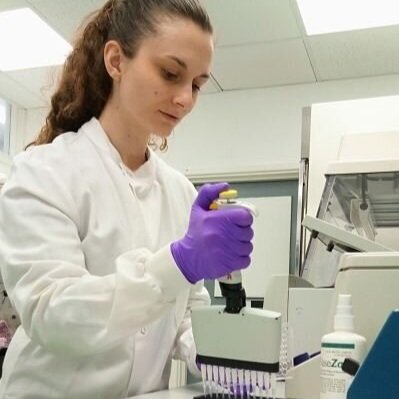
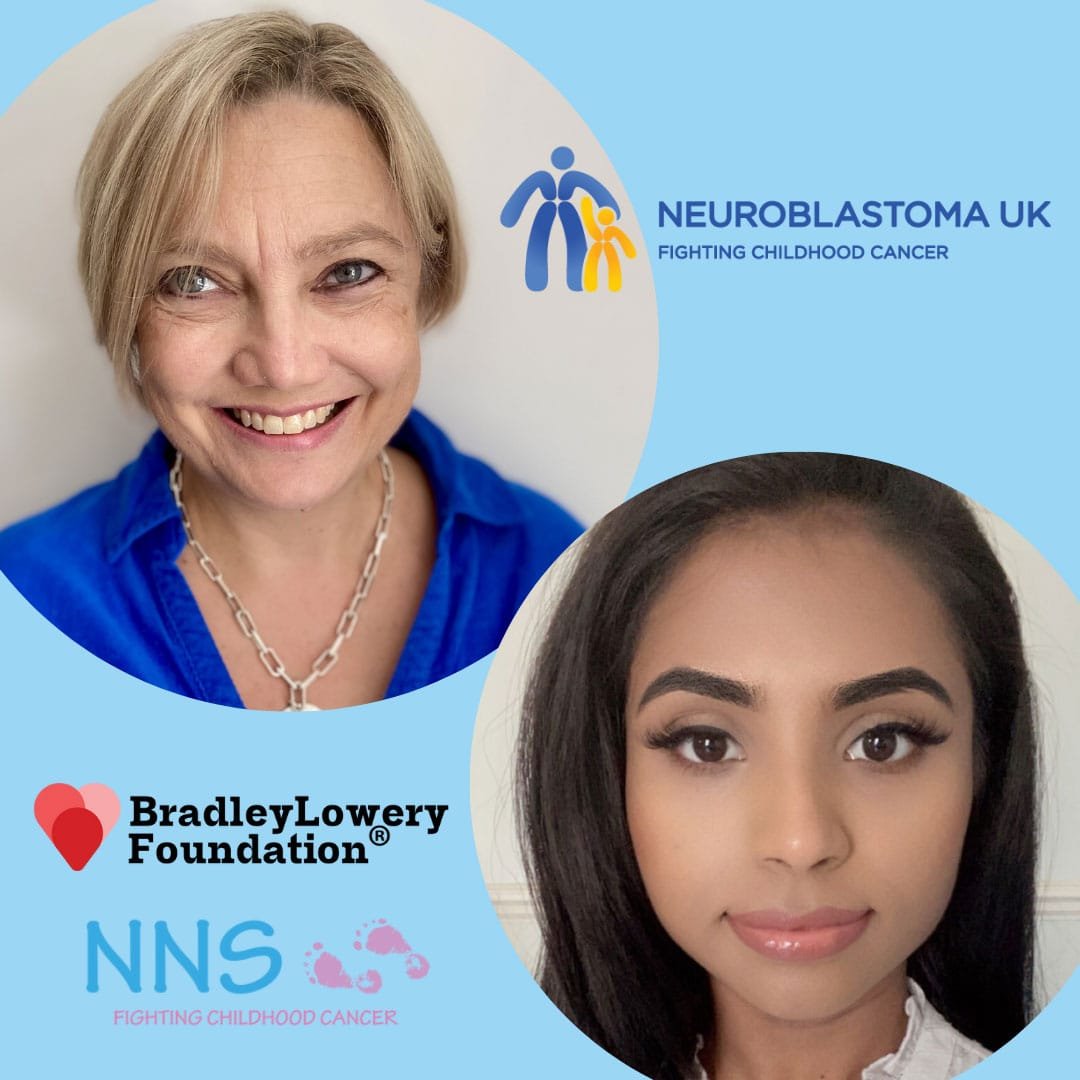



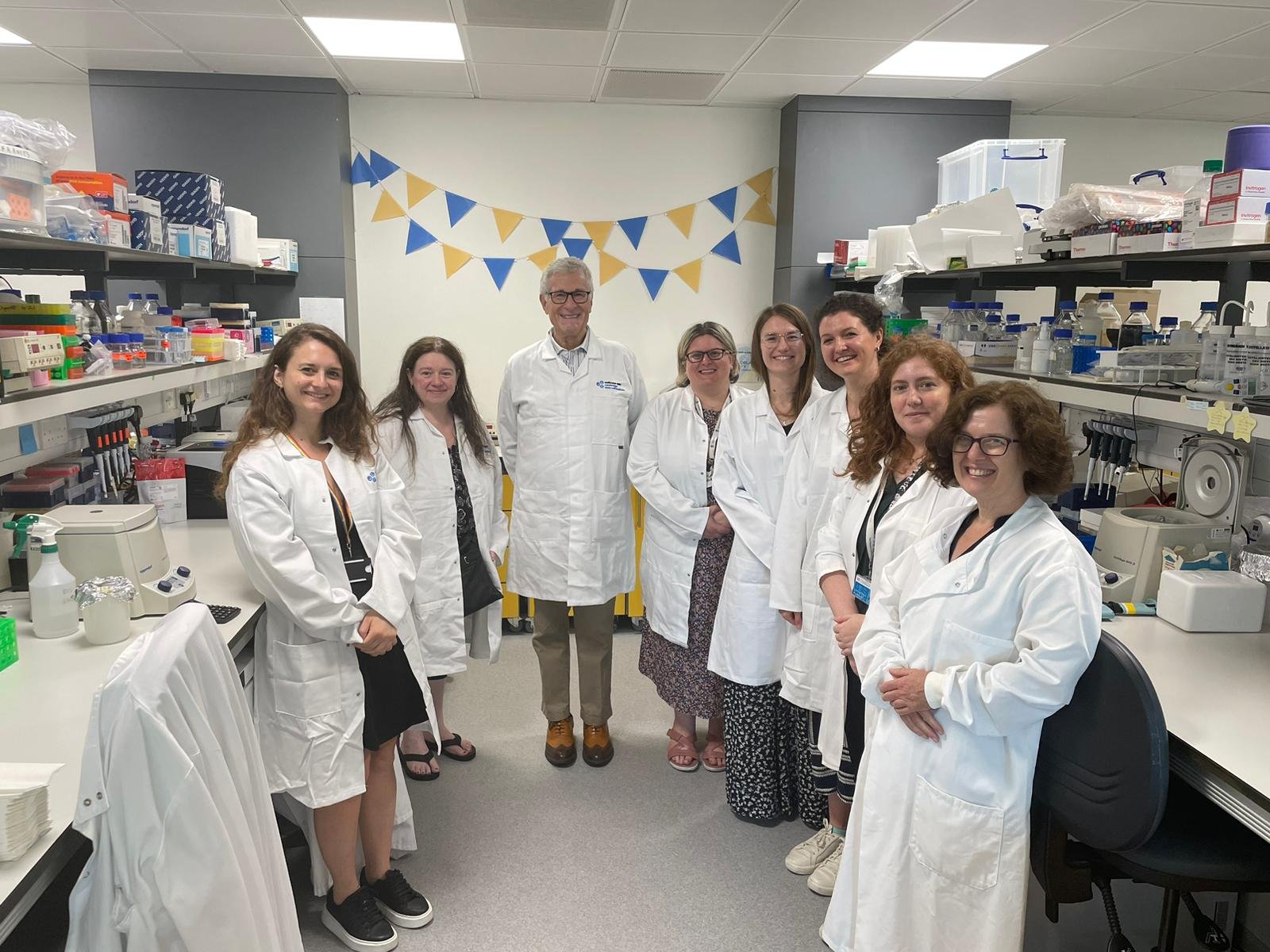



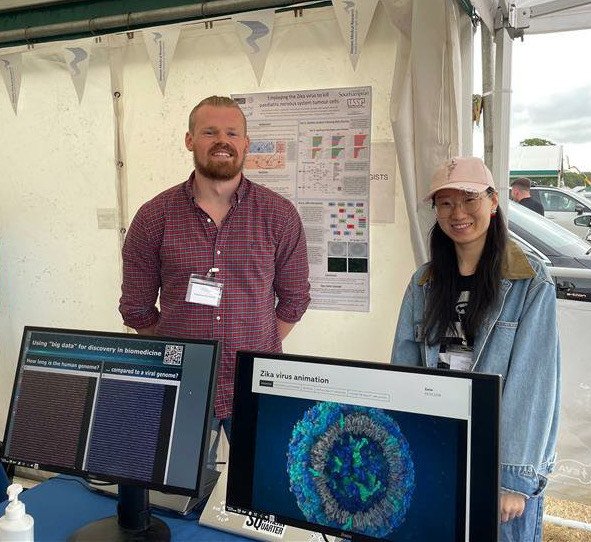



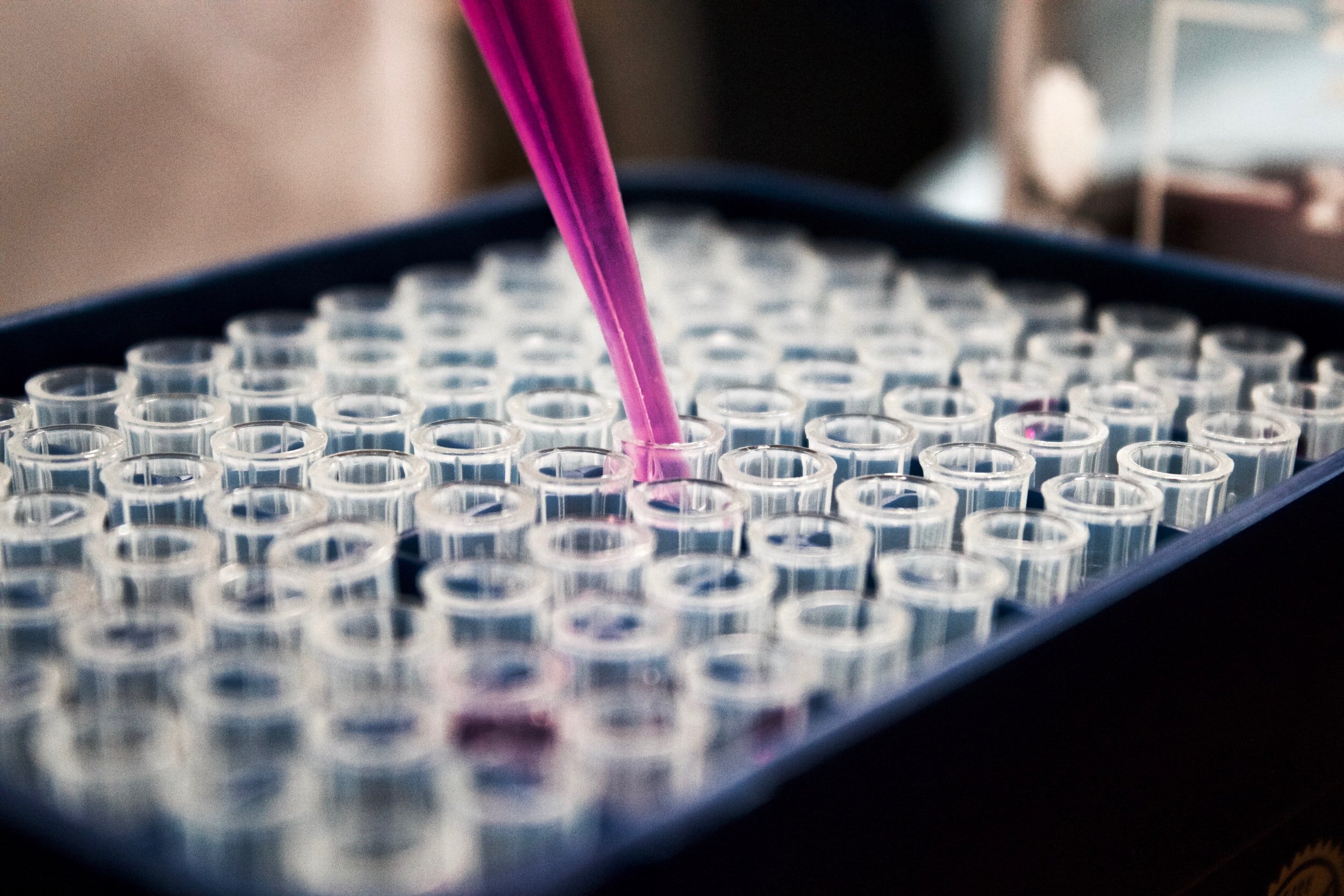















Researchers from the University of Sheffield and St. Anna Children’s Cancer Research Institute have created a model designed to investigate the origins of neuroblastoma, a cancer primarily affecting infants and young children. The findings offer hope for the creation of tailored treatments which treat aggressive neuroblastomas and minimise the adverse effects experienced by patients from existing therapies.